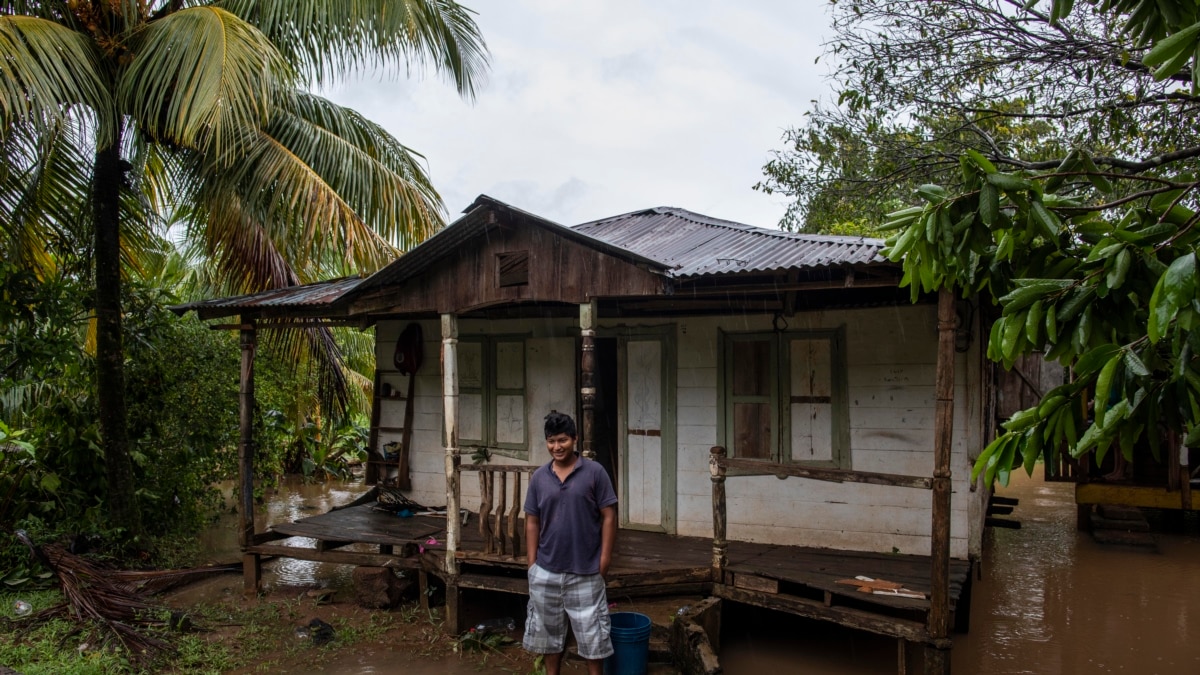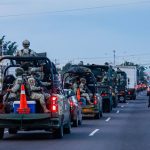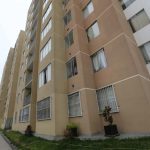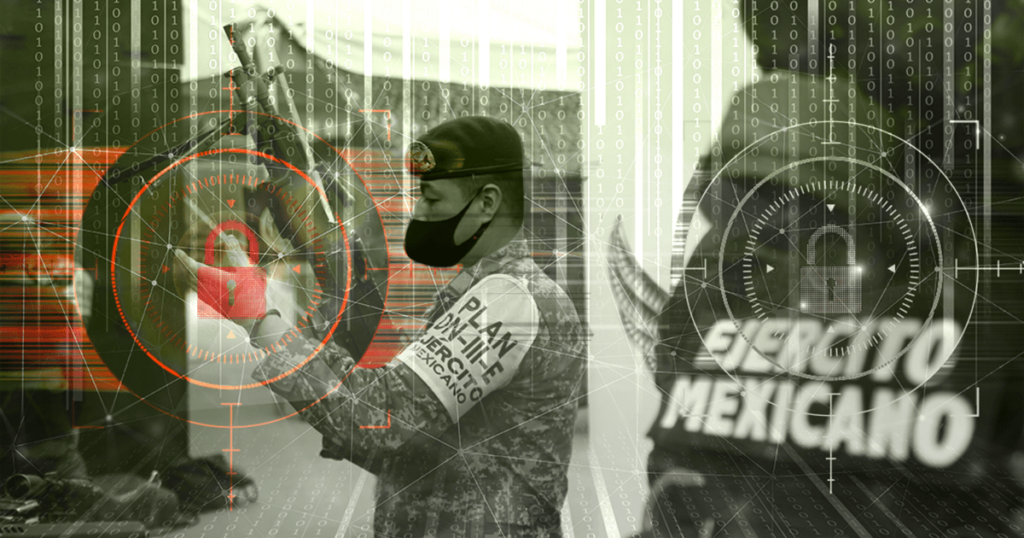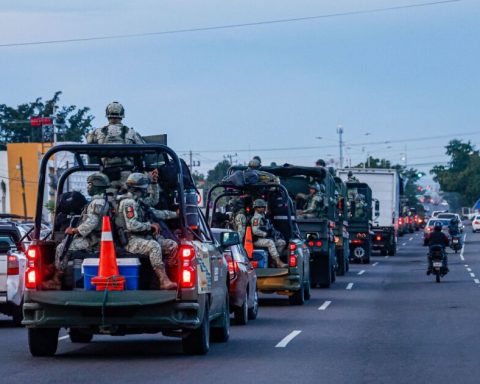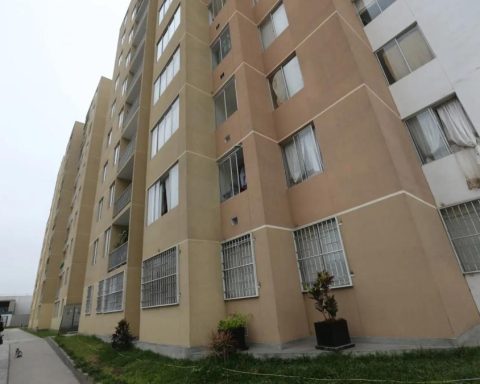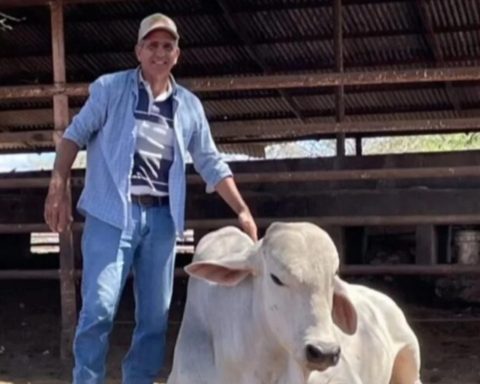The Nicaraguan Government increased the estimate of the economic damage caused by the passage of Hurricane Julia in the country to more than 400 million dollars, informed the Minister of Finance, Iván Acosta.
The head of the Treasury portfolio assured that this would be preliminary information “practically conclusive” and with “very few variations”.
Julia, which entered the country on October 9 as a category 1 hurricane, affected 96 of the country’s 143 municipalities, Nicaraguan authorities said Tuesday.
Initially, the Government had accounted for between 160 and 200 million dollars in damages due to the natural phenomenon, which represented 1.5% of the country’s Gross Domestic Product; but with the new figure it rises to 2.6% of GDP.
The Finance Minister stressed that the greatest losses occurred in the social sector, which includes education and health, that is, hospitals and schools that were damaged.
Acosta indicated that they will develop “maximum efforts in the management of resources, as well as financing from multilateral organizations” to “restore and rebuild the damage caused by Julia.”
CABEI approves “non-reimbursable” cooperation
At the moment, multilateral organizations are evaluating their support for Nicaragua, which has also been experiencing a political crisis since 2018.
The United States ambassador in Managua, Kevin Sullivan, stated on Twitter that they were evaluating how to “better collaborate with efforts to help those affected.”
At the regional level, Dante Mossi, executive president of the Central American Bank for Economic Integration (CABEI), disputed Due to his closeness to President Daniel Ortega, he announced that the financial entity approved half a million dollars as a non-reimbursable donation for the passage of the hurricane in the country.
Mossi met with Laureano Ortega, son of President Ortega, who assured that the fund “will be applied to attend to this emergency that has been caused after the passage of the hurricane.”
However, leaders of the Nicaraguan Caribbean communities explain that government aid will not reach the most vulnerable areas, which in two years have been hit by three hurricanes.
Dolene Miller, originally from the Caribbean Coast told the voice of america that there are still schools that still do not have roofs, after the passage of hurricanes Eta and Iota, and now with Julia that “the radius of action of this hurricane hit vulnerable places again.
Miller indicated that the cooperation channeled by the government “is being dispersed in actions that are directed more towards political sectors and not towards the needs of the population.”
“Today we have practically ten days of having been hit by a hurricane and it is the community that is facing in solidarity aid towards our communities,” he lamented.
Nicaragua is part of the vulnerable countries of Central America, which due to its geographical position suffer the ravages of natural phenomena every year.
Connect with the Voice of America! Subscribe to our channel Youtube and turn on notifications, or follow us on social networks: Facebook, Twitter and Instagram
